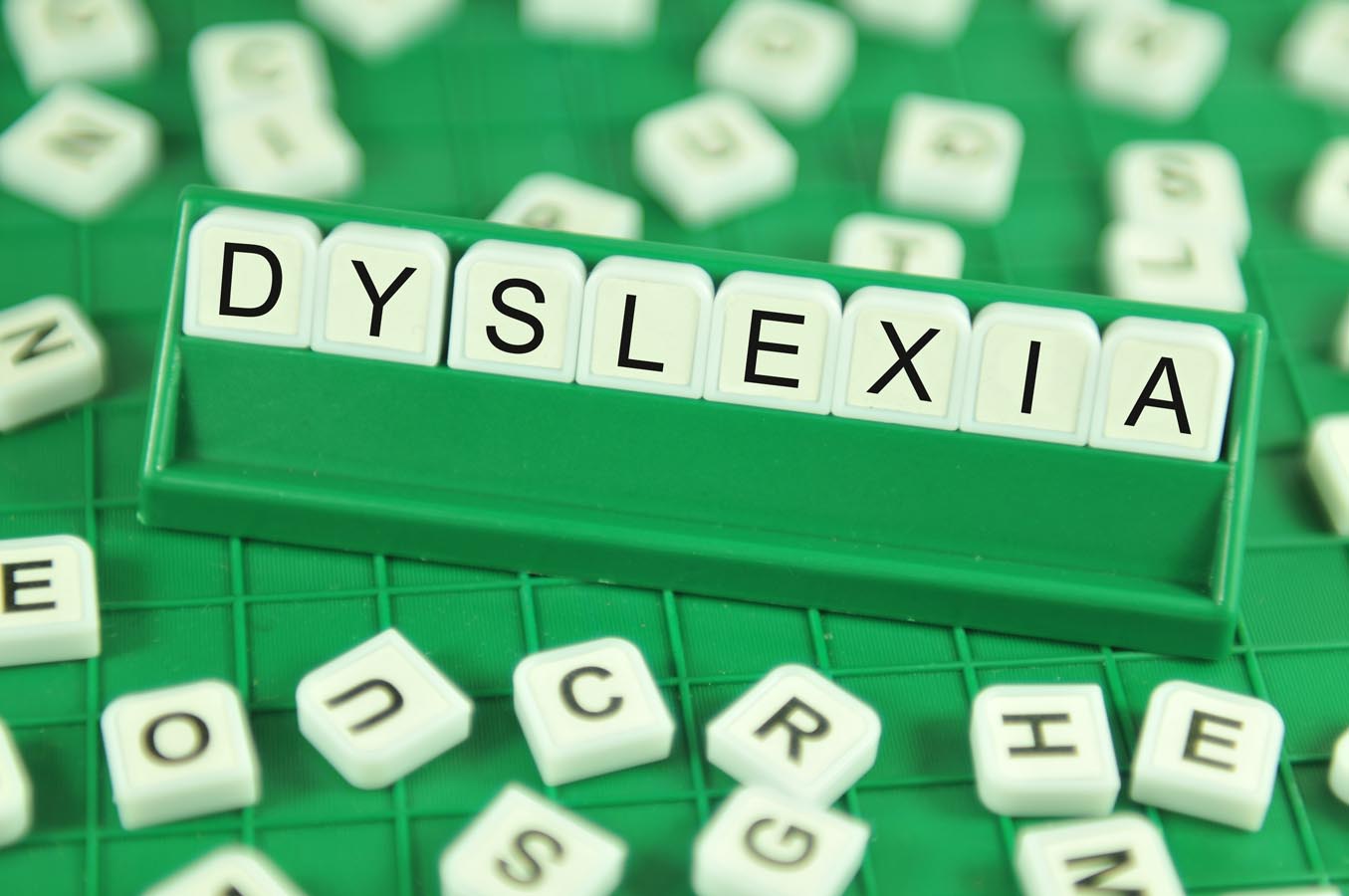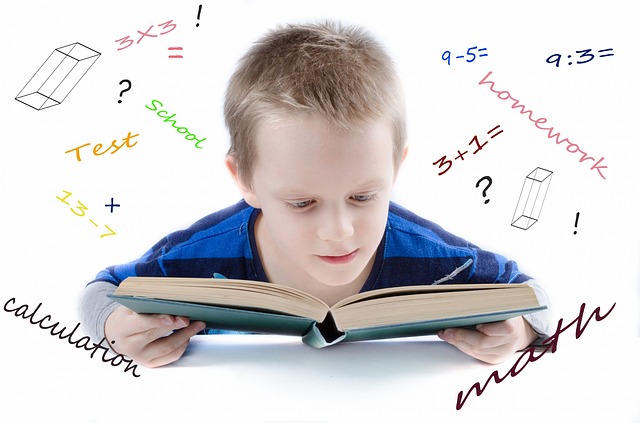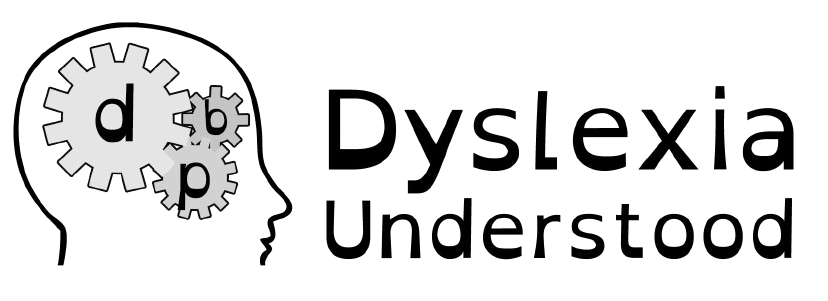Workshops
Empowering Every Learner: Workshops for Children
with Dyslexia and Learning Difficulties

Dyslexia Understood
This engaging and interactive workshop provides a detailed overview of Dyslexia.
Learn More...
It explores the overlap with other co-occurring differences and the importance of recognising the complexity of individual profiles in order to best support pupils accordingly. The workshop looks at the latest Delphi Study definition of dyslexia (2025) and dives into facts and myths related to dyslexia. It also looks at how the brain processes information differently and how dyslexia is often a superpower. The workshop also touches on general support strategies and how pupils with dyslexia may feel.

Dyscalculia/Math Difficulties Understood
Dyscalculia is a specific learning difficulty affecting a person’s mathematical ability.
Learn More...
It is thought that around 6% of the population have dyscalculia. The definition used by the SpLD Assessment Standards Committee (SASC) and the British Dyslexia Association (BDA) is:
“Dyscalculia is a specific and persistent difficulty in understanding numbers which can lead to a diverse range of difficulties with mathematics. It will be unexpected in relation to age, level of education and experience and occurs across all ages and abilities.”
The workshop for teachers provides an introduction to understanding, identifying, and supporting learners with persistent difficulties in mathematics. The session explores what dyscalculia is (and what it is not), highlights common signs across age groups, and addresses misconceptions. Guidance will be given on latest assessment materials, practical strategies, including multi-sensory teaching, using concrete–pictorial–abstract approaches, and reducing maths anxiety. By the end of the workshop, teachers gain greater confidence in recognising dyscalculia and leave with practical approaches to make maths more accessible, fun, meaningful and inclusive for all learners.

Phonological Awareness Understood
Phonological Awareness is the awareness of all of the sounds of language. It is the ability to hear and distinguish sounds.
Learn More...
This includes recognising sounds, adding sounds, taking apart sounds and moving sounds around.
Why is Phonological Awareness Important?
Phonological awareness helps children become prepared to learn how letters and sounds go together in words. This makes it easier for them to read and write. Research shows that phonological awareness is the most powerful predictor of success in learning to read and spell. It has been found that 90% of students with poor literacy skills have poor phonological awareness.
“Children who quickly come to understand the relationships between letters and phonemes, and who learn to use this information as an aid to identifying words in print, almost invariably become better readers than children who have difficulty acquiring these skills.” (Share & Stanovich, 1995)
This workshop looks at the importance of phonological awareness skills, how to informally assess it and it suggests strategies on how to teach it in a fun, practical and multi-sensory way.

Inclusive Classrooms
It’s important to have an inclusive classroom and provide the right support and strategies for a pupil with dyslexia.
Learn More...
An inclusive classroom is important because it:
- Ensures Equal Access to Learning
- Builds Confidence and Self-Esteem
- Promotes Fairness and Equality
- Encourages Participation and Engagement
- Prepares All Pupils for Diversity
- Reduces Risk of Negative Outcomes
The workshop looks at how to create an inclusive classroom and explores in detail: Teaching and Learning Approaches, Reading Support, Writing and Spelling, Classroom Environment, Assessment & Feedback and Emotional & Social Support.

Memory & Learning
This workshop explores the different types of memory and how each one is important to learning.
Learn More...
It looks at the range of difficulties a learner may experience across the curriculum and offers practical advice and guidance on how to best support pupils.

Growth Mindset
‘I have not failed. I’ve just found 10,000 ways that won’t work.’
‘Genius is 1 percent inspiration and 99 percent perspiration.’
(Thomas Edison)
Learn More...
These quotes by Thomas Edison really highlight the essence of a growth mindset. Imagine if Thomas Edison believed that he should have been smart enough to create a light bulb that worked on his first attempt …. but didn’t. If he had a fixed mindset he would have given up and thought that he simply wasn’t smart enough to do it…. and we’d still be in the dark!! But he didn’t. He kept going; tried new ways to create and problem solve and believed in himself. This is what a growth mindset looks like.
The workshop looks at the different types of mindsets and explores how schools can cultivate a growth mindset to help pupils learn in a more positive and optimistic way.

Reading Beyond the Words
We have all come across pupils who read at age-appropriate levels but who struggle to comprehend what they are reading.
Learn More...
‘Reading Beyond the Words’ workshop looks at the processes involved in reading comprehension and why some pupils struggle to read for meaning. It is a practical workshop that provides delegates with a balance of information as well as activities and strategies on how to best support pupils who find comprehension difficult. The content is based on current research and thinking.
